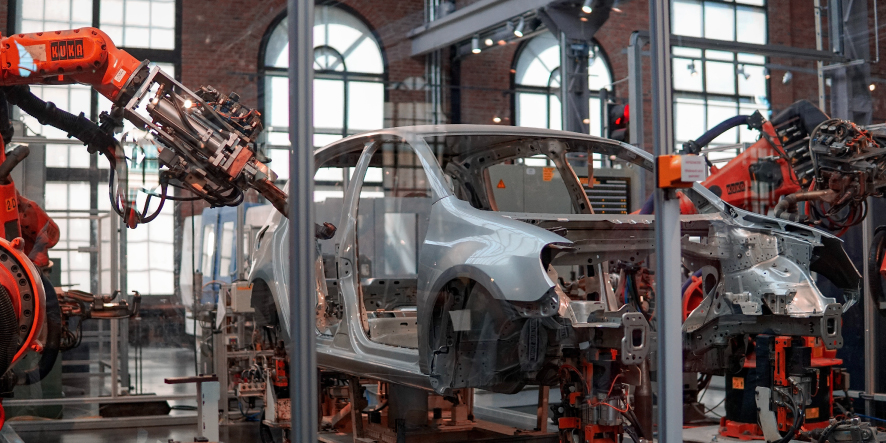The Automation of Management and Business Science

By Clark Johnson
Based on recent work by Johnson, Bauer, & Niederman in Academy of Management Perspectives
A computer doesn’t need to replicate the entire spectrum of your intellectual capability to displace you from your job; it only needs to do the specific things you are paid to do. (Ford, 2015: 230)
Millions of people around the world have lost their jobs due to the effects of the Covid-19 pandemic while machines and algorithms will take away even more jobs from workers. What about social scientists like us?! I cannot but reformulate into a research question that begs for answers: What are specific things that I am paid to do as a behavioral scientist that a computer can and cannot do?
My coauthors and I decided to pursue a form of a future study, where we outline various potential futures with the hope of stimulating the avoidance of negative futures as well as efforts to move in positive directions. We integrated reports from academic literature and the popular press with the results of a Delphi study to provide an overview of selected technologies currently capable of automating specific research tasks, as well as probing those needed to completely automate the entire social science research process.
The “not-so-good” news is that automation scientists are actively working towards developing technology that can carry out the entire scientific process to some degree. For example, literature search, data collection, and analyses steps of the research process may be the most likely to be impacted near-term by automation. This has resulted in the creation of a robot scientist named Adam which can formulate and test original hypotheses autonomously in biochemistry. However, the good news is that research processes, such as developing research questions, building theory, adopting suitable research methods and measurements, sampling and pilot testing, and research reporting may take longer to achieve a more significant influence from automation. Each of these steps involves at least one task that allows the researchers some subjectivity or involves the researcher understanding the readers’ subjectivity.
These findings are important to all scientists and social scientists, as we will have to reexamine what it means to know, what it means to be known, how knowledge changes when exchanged by humans and machines, and by what means we can test what we think we know to ascertain its truth and its value. Additional core questions pertaining to automated scientists need to be raised: How do we know what our machines know? Does having the information stored in an automated researcher constitute knowledge if humans have not yet accessed it? Or, should it only be considered knowledge when it is stored in the brain of a human researcher and is being applied? Addressing these and doubtless many more questions will demand cross-disciplinary research ranging from philosophy to management research to computer science, and many fields in between.
Our exploration is also pivotal to the success of science-based businesses, as facilitating efficient research has become an industry in itself. Developers should work to make technologies accessible and user-friendly (even if commercially) to automate the tasks that, while necessary, are not critical to the creation of new knowledge, such as the literature search.
Regardless of the debate about whether the entire research process can or should be automated in the future, one thing is clear: parts of the process will increasingly be automated soon, and those who are prepared will have a substantial advantage. To prepare for this, we suggest the following actions to better prepare for an increasingly automated social science:
#1. Educate yourself and others about the potential applications of automation to management research tasks and the implications of each. The more aware we scholars are of the potential impact of automation on our work, the more likely that we can use automation in a positive way to improve the scientific process and its output.
#2. For those in positions of leadership for doctoral programs, consider how the potential of automation should inform the training that you provide students. Doctoral programs that are proactive in familiarizing students with these technologies will provide their graduates with an advantage.
#3. Engage in cross-disciplinary research with scholars in computer-related sciences to stay abreast of emergent technical possibilities and to suggest requirements or innovations that can facilitate management studies.
#4. Join the discussion we hope to begin with this paper. We are fully aware that not all readers will agree with our thoughts on the potential for automating management research, or with the implications we outline here. We welcome input from scholars in all disciplines. This was, in fact, our purpose in writing this paper.